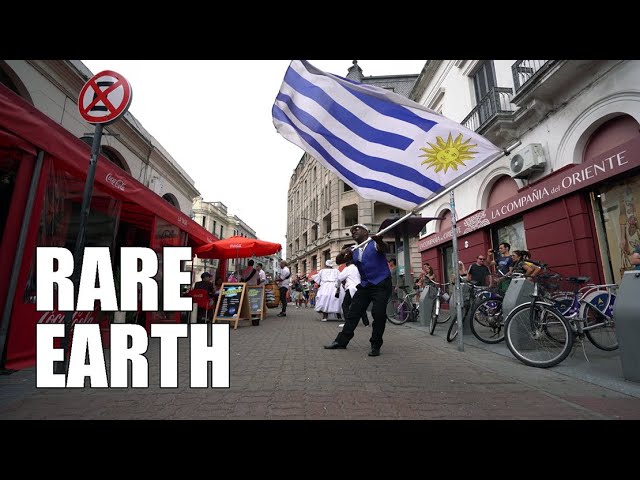How Does Uruguay Exist?

History Documentary
When you look at the map it’s easy to see that the country of Uruguay is an anomaly…
How has Uruguay achieved social inclusion through its healthcare, education, and pension systems?
Uruguay, officially known as the Oriental Republic of Uruguay, is a small country located in the southeastern region of South America. However, its size does not diminish its value, and Uruguay has managed to maintain a stable and prosperous society despite its troubled past.
Uruguay gained its independence from Spain in 1825, and since then, it has undergone a long and tumultuous process of development. The country has been marked by various political and economic crises, including a period of military dictatorship that lasted from 1973 to 1985.
But despite these challenges, Uruguay has managed to establish itself as a democratic country with a strong economy and a forward-thinking society. A crucial factor in this success has been the country’s commitment to social policies and its progressive stance on issues like gender equality, human rights, and environmental protection.
One of Uruguay’s most significant accomplishments has been its 2002 economic recovery after a devastating financial crisis in the late 1990s. The country implemented several structural reforms that boosted economic growth, such as reducing government spending, promoting exports, and attracting foreign investment. Uruguay’s economy is now among the strongest in Latin America, with a diversified industrial base, a robust service sector, and a growing tech industry.
In addition to economic stability, Uruguay has made significant strides in social inclusion. The country has a universal healthcare system, one of the most extensive public education systems in the region, and a pension system that covers 80% of retired citizens. Moreover, Uruguay has legalized same-sex marriage, marijuana, and abortion, making it one of the most liberal countries in the world.
Uruguay’s strong democratic institutions and respect for human rights have also helped it to overcome past challenges. The country has been consistently ranked as one of the least corrupt countries in Latin America, and it has a free press, independent judiciary, and a strong civil society. These factors contribute to Uruguay’s overall stability and make it an attractive destination for foreign investment and tourism.
In conclusion, Uruguay’s existence is the result of its determined efforts to overcome challenges and build a prosperous and inclusive society. Despite its small size and troubled past, the country has managed to achieve significant social and economic progress, thanks to its commitment to democracy, human rights, and social policies. Uruguay’s story is a testament to the power of perseverance and progressive values in achieving sustainable development.









A Day In The Life Of A Urine Drinker
6 Minutes Of Mountain Surfing in Norway
Exploring the Alien World of Brine Pools
Population of One: Living Alone in an Abandoned Ghost Town
Inside a $9.75M NYC Townhouse with a Prohibition Era Tunnel